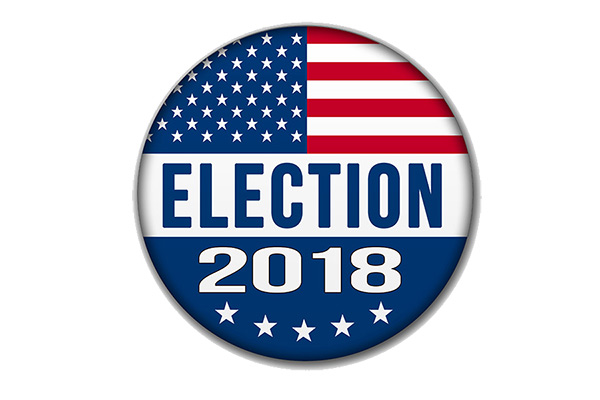 Contributor: Leo Kivijarv, Ph.D., Executive Vice President & Director of Research of PQ Media
Contributor: Leo Kivijarv, Ph.D., Executive Vice President & Director of Research of PQ Media
Similar to 2016, the use of past trends to predict the outcome of an election that have been applicable for decades are now void. Thus, “it’s about the economy, stupid,” coined by Democratic strategist James Carville during the 1992 Bush-Clinton presidential election, should have been important in the 2018 election – it is not. Although the economy strengthened during the summer, which normally is an indication that the incumbent party will maintain control, the Republican Party continued its downward spiral during that period. It was not uncommon over the past three months to look at polls, and subsequent political forecasting websites each week, and find a House, Senate and/or gubernatorial seat considered safe in July had shifted to being likely, leaning or tilting Republican, which meant that the lead over the Democratic candidate had shrunk substantially. Furthermore, too many Republican seats that were likely, leaning or titling Republican in July have become toss-ups, while other Republican seats that were toss-ups in July shifted to likely, leaning or tilting Democratic. For example, one political forecaster switched 11 Republican safe seats in July to likely, leaning or tilting Republican in September. Another forecaster expanded the number of toss-ups from 24 to 30 seats during that period, with the Republicans bearing all the bad news. It should be noted that it wasn’t six new Republican seats that became toss-ups – it was more – as numerous toss-ups in July are likely, leaning, and tilting Democratic in September. Meanwhile, the Democratic party gleefully watched some of the Democratic toss-up seats become likely, leaning or tilting Democratic, as well as likely, leaning or titling Democratic seats in July that are now safe seats in September.
Let’s talk about the elephant in the room once more – control of Congress. Have the odds changed dramatically during the last three months that will allow the Democrats to regain the majority in both the Senate and House? Has the addition of new candidates, once thought safe, resulted in candidates and SuperPacs raising more money? If the answer is yes to the previous question, are there certain media platforms that will benefit from the rise in political media buying?
Continue reading “Political Media Buying 2018: Late September Update – Where Does Radio Fit?”
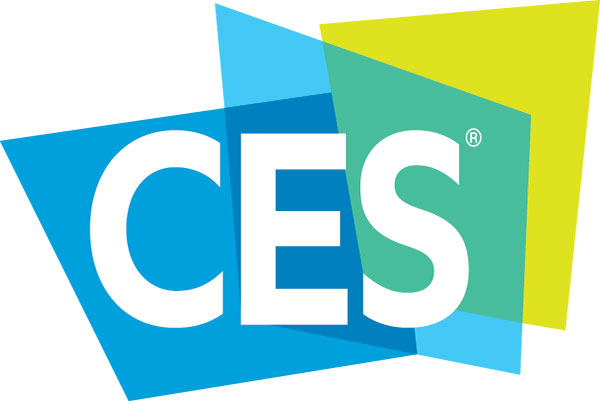







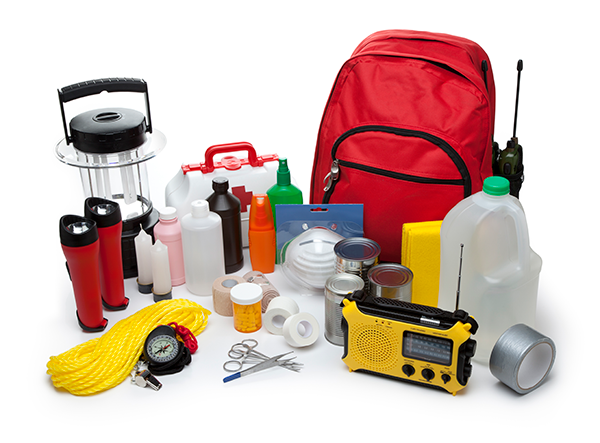



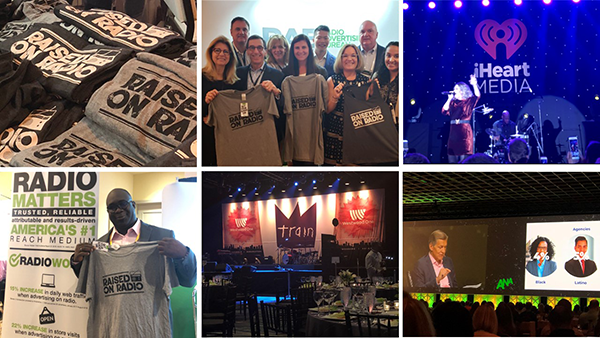



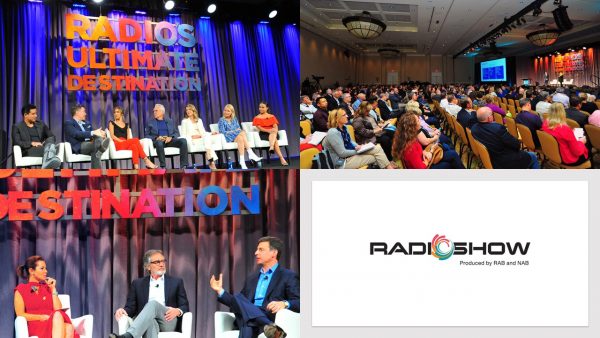 Photo Credit: RAB/NAB Radio Show 2018
Photo Credit: RAB/NAB Radio Show 2018 Contributor: Leo Kivijarv, Ph.D., Executive Vice President & Director of Research of PQ Media
Contributor: Leo Kivijarv, Ph.D., Executive Vice President & Director of Research of PQ Media



